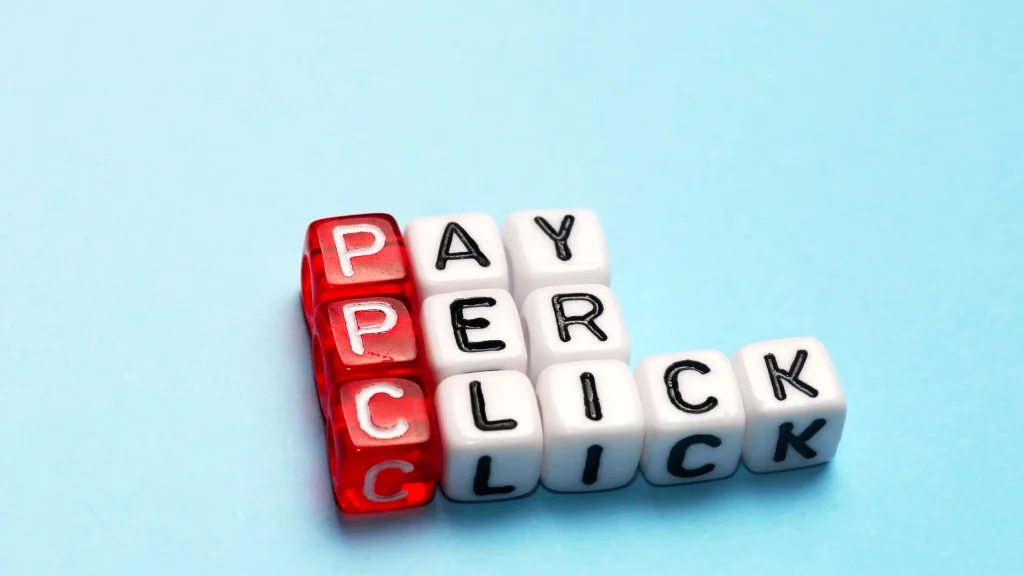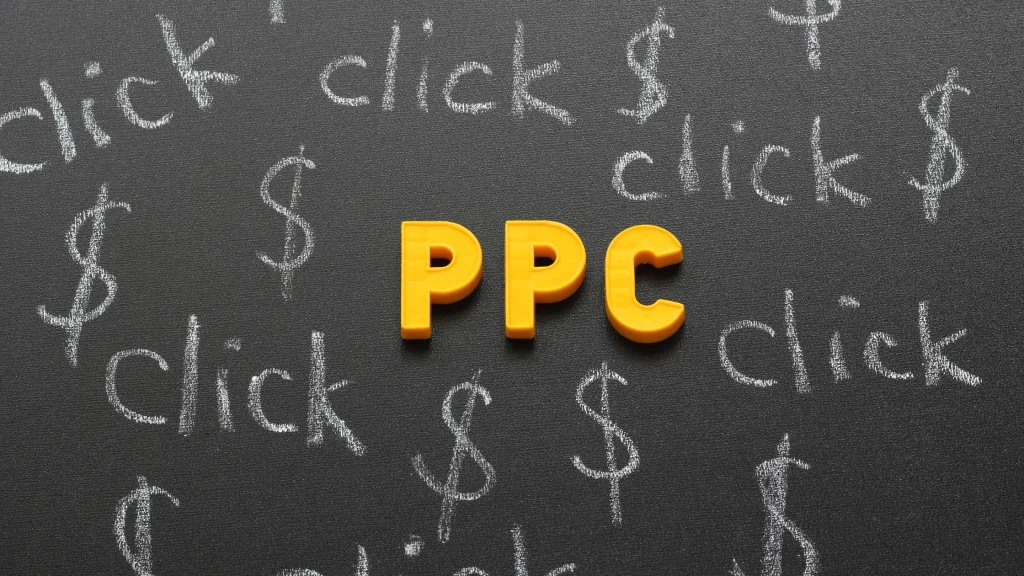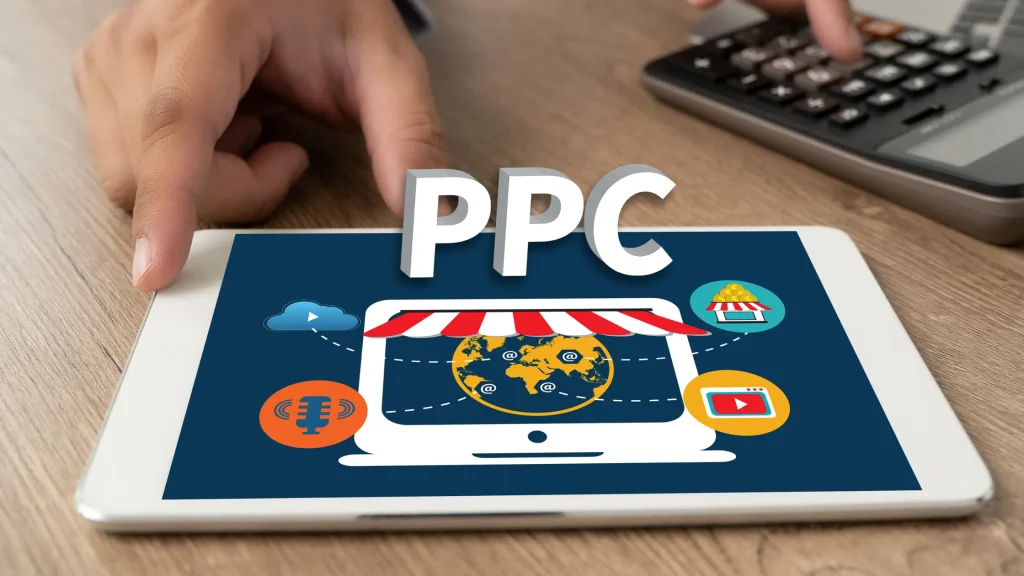Pay-per-click (PPC) advertising is a powerful online tool. It helps businesses attract targeted traffic, generate leads, and boost conversions. This guide will show you how to create a successful PPC campaign. We’ll cover everything from keyword research to ad optimization. If you’re new to PPC or want to boost your campaigns, this guide will help you improve your PPC marketing strategy for better results.
Understanding the Basics of PPC Advertising
What is PPC Advertising?
PPC advertising is a form of digital advertising in which advertisers pay a fee each time their ad is clicked. It’s a model commonly used by search engines and social media platforms like Google, Facebook, and LinkedIn. A PPC campaign aims to drive targeted traffic to your website or landing page, ultimately resulting in conversions like sales or lead generation.
Why PPC is an Effective Advertising Model
PPC advertising is an ideal way to reach potential customers immediately. As PPC ads appear in search results or on social media platforms, they directly target users searching for products or services related to your business. This ensures that your ad is shown to a target audience who is already interested in what you offer, which leads to higher conversion rates and ROI.
Defining Your PPC Goals

How to Define Your PPC Campaign Objectives
The first step to creating a successful PPC campaign is clearly defining your PPC goals. Your PPC goals should align with your overall marketing strategies and business objectives. Some common PPC campaign goals include:
- Brand awareness: Getting your brand in front of many people as possible.
- Lead generation: Collecting leads through forms or sign-ups.
- Sales: Directly driving purchases or conversions.
- Website traffic: Driving users to your website or landing page.
Setting Clear and Measurable PPC Goals
Set measurable goals to track the performance of your PPC campaigns. Use metrics like click-through rate (CTR), conversion rate, cost per click (CPC), and return on ad spend (ROAS) to gauge success. Clear goals will help you optimize your PPC ads and landing pages over time.
Keyword Research for PPC Campaigns
Understanding the Importance of Keywords
The foundation of any PPC campaign is keyword research. Your chosen keywords will determine how your ads appear on search engine results pages (SERPs). Researching the best keywords related to your business is crucial for a successful PPC campaign. Selecting keywords that align with your products or services ensures that your ad reaches the most relevant audience.
How to Perform Keyword Research for PPC
Use tools like Google Keyword Planner, SEMrush, or Ahrefs to perform effective keyword research. Look for keywords that have high search volume and low competition. Focus on short and long-tail keywords to target broad and specific search intents. Keyword research is an ongoing process, and you should continually optimize your keyword list to improve your PPC campaign’s performance.
Selecting the Right Keywords for Your Campaign
When selecting keywords for your PPC campaign, ensure they are highly relevant to your business. Focus on keywords that your target audience will likely use when searching for products or services like yours. Additionally, consider using negative keywords to prevent your ads from appearing for irrelevant searches.
Building an Effective PPC Strategy

Crafting a Winning PPC Strategy
A successful PPC strategy involves much more than just choosing the right keywords. You must develop a plan that aligns with your business goals, budget, and target audience. This includes selecting the right PPC advertising platform, like Google Ads, Facebook Ads, or LinkedIn Ads, and deciding whether to focus on search, display, or social ads.
Understanding the PPC Bidding Strategy
A key component of any PPC campaign is the bidding strategy. The most common PPC bidding strategies include manual CPC, enhanced CPC, and target CPA. Each strategy has its advantages, depending on your goals and budget. A well-planned bidding strategy can help you maximize your budget and get the most value from your PPC ads.
Pay-Per-Click Campaign Types and When to Use Them
There are two main types of PPC campaigns: search and display. Search campaigns target users actively searching for products or services similar to yours, while display ads are shown to users based on their interests, demographics, or browsing behaviour. Understanding the differences between these PPC ad campaigns and when to use them can help you maximize the performance of your advertising campaigns.
Creating Your PPC Ads
How to Create Your Ad: Best Practices
Creating compelling PPC ads is critical to the success of your PPC campaign. When writing ad copies, include a strong call to action (CTA), a clear value proposition, and relevant keywords. A well-crafted PPC ad should grab attention, spark interest, and encourage users to click on your ad.
Writing Compelling PPC Ad Copy
Your PPC ad copy should address your target audience’s pain points, needs, and desires. Use action verbs and focus on the benefits of your product or service. For instance, instead of saying, “We sell shoes,” say, “Shop the best shoes for comfort and style.”
Ad Extensions and How They Enhance Your Ads
Ad extensions are additional information that can appear alongside your PPC ads. These can include site links, call extensions, location extensions, and more. Ad extensions can increase your ads’ visibility and improve the click-through rate (CTR).
Optimizing Your PPC Campaign
How to Optimize Your PPC Campaign for Better Results
Optimization is an ongoing process. To optimize your PPC campaign, monitor performance metrics like CTR, CPC, and conversion rate. Regularly adjust your bidding strategy, keywords, and ad copy to improve performance. Additionally, ensure you’re targeting the right audience and using the most effective advertising platform.
Bid Management and Budget Optimization
Managing your PPC budget is crucial for maximizing ROI. Set daily or monthly limits to ensure you’re not overspending. Use tools like Google Analytics to track your campaign data and adjust your budget allocation based on performance. Prioritize high-performing keywords and ads to get the best return on investment.
A/B Testing Your Ads for Better Performance
A/B testing involves creating multiple versions of your PPC ads to test which performs best. By running A/B tests, you can find the most effective ad copy, CTA, and landing page combinations to maximize conversions.
Landing Page Optimization
Why Landing Pages Are Crucial for PPC Success
The landing page plays a significant role in converting clicks into actual customers. When users click on your ad, they expect to land on a page relevant to the ad’s content and providing the information they need. A well-optimized landing page can significantly improve your conversion rate.
Best Practices for Optimizing Your Landing Page
To optimize your landing pages, ensure they are fast-loading, mobile-friendly, and easy to navigate. The content should be clear and concise, with a strong call to action. Make sure your landing page matches the PPC ad in terms of messaging so users know they are in the right place.
How to Ensure Your Landing Page Matches Your PPC Ad
Consistency is key. If your PPC ad promises a special offer or product, ensure the landing page delivers on that promise. This alignment helps improve your quality score and conversion rate, leading to better campaign performance.
Running and Monitoring Your PPC Campaign

How to Launch Your PPC Campaign Successfully
Once your PPC ad is ready, it’s time to launch your PPC campaign. Ensure all the components are in place, including ad copies, keywords, bidding strategy, and landing pages. Set a budget for your PPC campaign and monitor the results closely to ensure everything works as expected.
Tracking and Analyzing PPC Performance Metrics
After launching your PPC campaign, tracking key performance metrics like CTR, CPC, and conversion rate is crucial. Use tools like Google Analytics or your advertising platform’s analytics platform to monitor campaign data and assess how well your campaign performs.
Adjusting Your Strategy for Maximum ROI
If your PPC campaign isn’t performing as expected, don’t be afraid to make adjustments. Change your bidding strategy, tweak your ad copy, or try new keywords. Small changes can lead to significant improvements in PPC campaign performance.
Advanced PPC Tips to Level Up Your Campaign
Scaling Your PPC Campaign for Bigger Results
As your PPC campaign gains traction, consider scaling it to reach more users. Increase your budget or add more keywords to reach a broader audience. Just ensure that you maintain high-quality scores and optimize your campaigns.
Using Remarketing for Higher Conversions
Remarketing allows you to target users who have previously interacted with your website or ads. This is a powerful tool for bringing back potential customers and increasing conversions.
Leveraging PPC Automation for Efficiency
PPC automation tools can help you manage your PPC campaigns more effectively. Automated bidding, scheduling, and reporting tools can save you time and ensure that your ads always perform at their best.
Also Read: How to Do Market Research for Digital Marketing Like a Pro
Common PPC Mistakes to Avoid
Understanding PPC vs. Other Advertising Models
While PPC advertising is incredibly effective, it’s essential to understand its advantages and limitations compared to other advertising models. PPC ads are more focused and targeted, while other advertising models, like display or social ads, offer a broader reach but may be less targeted.
Pitfalls in PPC Campaigns and How to Avoid Them
Common mistakes in PPC campaigns include choosing the wrong keywords, setting an unrealistic budget, and neglecting landing page optimization. Always keep track of your campaign performance and be ready to adjust as needed.
Measuring Success and Continuous Improvement
How to Track Conversions and Measure Success
Track conversion rates and other relevant metrics to determine the success of your PPC campaign. Use Google Analytics or the reporting tools within your advertising platform to monitor campaign performance.
Iterative Improvements for Ongoing PPC Success
Creating a successful PPC campaign isn’t a one-time task. Continually monitor, analyze, and optimize your PPC ads, landing pages, and bidding strategy to ensure ongoing success and better conversion rates.
